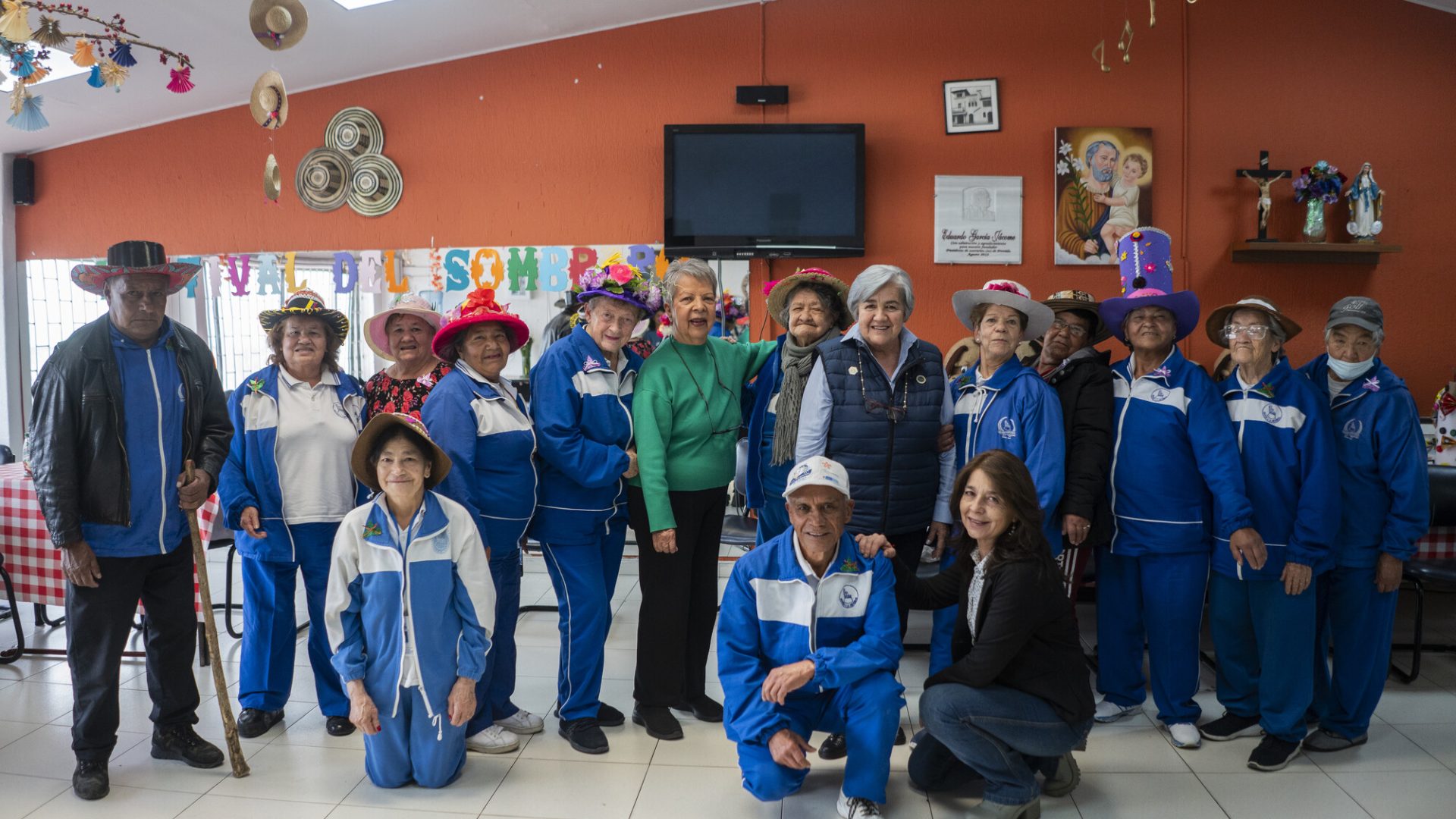Older Colombians shared how urban environments can either hold them back or help them flourish. When public spaces are accessible, transport is reliable, and information is easy to find, older people report better health, stronger social connections, and higher life satisfaction. In other words, when cities work for older people, they work better for everyone.
The reality of ageism
The study revealed how deeply ageism affects daily life. Many older Colombians said they had been turned down for jobs or volunteer opportunities because of their age, or that public systems – from housing to healthcare – failed to consider their needs. Those who reported higher levels of discrimination also experienced poorer health and greater loneliness. Institutional ageism – bias embedded in government policies and services – emerged as the most widespread form, affecting people regardless of income, health, or background. These findings underscore the urgency of designing fairer systems that recognise older people as contributors and rights-holders, not burdens.
The difference age-friendly design makes
The study revealed that cities designed with older people in mind are more inclusive, healthier, and more resilient. Accessible pavements and transport systems enable participation. Public spaces designed for interaction reduce loneliness. Policies that invite older people to co-create solutions foster belonging and mutual respect.
Where older residents felt their cities were age-friendly, they were healthier, more active, experienced less ageism and were less isolated – showing the measurable benefits of inclusion.
Breaking down barriers through connection
Intergenerational contact emerged as one of the strongest protections against ageism. Older people who regularly interacted with younger generations felt more valued and less discriminated against. Community initiatives that bring people of all ages together – through volunteering, shared projects, or cultural activities – are helping reshape how ageing is understood across Colombia.
Cities as catalysts for change
Age-friendly cities and communities (AFCC) initiatives offer a roadmap for inclusive urban and community development. By embedding anti-ageism measures into planning and governance, cities can become catalysts for change, supporting healthy ageing and empowering people of all ages to participate fully in society.
Local examples, such as older people’s councils across Colombia, show how civic participation can transform communities. When older people are recognised as agents of change, not just recipients of care, progress accelerates.
A shared vision for a Colombia for all ages
The research also highlights where improvement is still needed, especially for those facing overlapping disadvantages such as disability or poverty. But the message is clear: change is possible and already underway. By learning from older people’s experiences, policymakers and communities can design cities that are equitable, vibrant, and compassionate.
HelpAge International calls for:
- Policy reform to remove institutional ageism and ensure inclusive urban and community planning.
- Community action to expand intergenerational initiatives and support social inclusion.
- Collaboration and research to keep improving how cities serve people of all ages.

